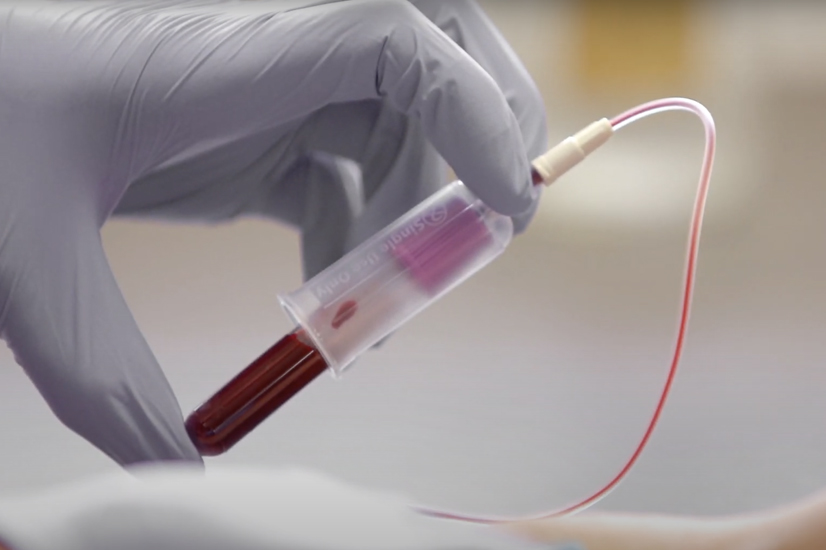
Improving the future of cancer care through clinical studies
We’re proud to partner with leading investigators at medical centers and biopharmaceutical companies to help transform how cancer is detected, treated, and managed.
Information on Guardant Health studies can be found on clinicaltrials.gov. Medical professionals and clinical researchers may also email us to learn more about study participation.
Our cancer screening
clinical studies
Imagine a day when screening for cancer is as simple as performing a blood test. We are collaborating with thought leaders and their institutions around the world in pursuit of this future. We are starting first with colorectal cancer, which is the second leading cause of cancer death globally and a cancer where incidence is increasing in younger adults.
ECLIPSE study for colorectal cancer

Cancer screening is a proven way to detect colorectal cancer early, when it can most effectively be treated. Current guidelines recommend that average-risk adults begin colorectal cancer screening starting at 45 years old1. Yet an estimated 1 in 3 people in the U.S. are not getting screening2. Depending on the modality, screening can be invasive, difficult to complete, and time-consuming. We have developed Shield, a blood-based screening test, to overcome these barriers and help increase cancer screening rates.
The ECLIPSE study is a prospective registrational study to evaluate the performance of Guardant Health’s blood test in detecting signs of colorectal cancer compared to a screening colonoscopy in average-risk adults between the ages of 45 and 84 from across the U.S. One of the largest cancer screening studies of its kind, the prospective, multi-site registrational study reached target enrollment of 12,750 patients between the ages of 45-84 from across the U.S. Based on these study results, Guardant plans to complete its premarket approval submission to the U.S. Food and Drug Administration (FDA).
SHIELD LUNG study

Symptoms of lung cancer don’t appear until the disease is already at an advanced stage. That’s why it’s so important to find lung cancer early before symptoms start. Current guidelines recommend yearly lung cancer screening using a low-dose computer tomography (CT) scan for people aged 50 to 80 years old who are at high risk for lung cancer.3 Despite these recommendations, only 14% of people eligible for a low-dose CT scan are up to date with screening recommendations.4
We believe a simple blood test could help improve screening rates and detect lung cancer early, when it can most easily be treated.
The SHIELD (Screening for HIgh-frEquency maLignant Disease) LUNG study is a large-scale registrational study to evaluate the performance of our blood-based screening approach to detect lung cancer in high-risk individuals aged 50-80. The study plans to enroll nearly 10,000 patients and will be conducted across approximately 100 centers in the United States and Europe.
ALMANAC study for colorectal, breast and lung cancer

Guardant Health liquid biopsy assays have demonstrated ability to help patients with advanced cancer. Now, the next stage is to demonstrate the same effectiveness in early detection of various other types of cancer.
The ALMANAC (Assessment of Multi-type Cancer using ctDNA) Study aims to build on Guardant Health’s screening program by collecting clinically-defined blood samples from patients with early stage disease in order to further assess the effectiveness of the assay.
The evaluation of these collected specimens will help expedite the development of future tests, for early detection and treatment of various cancers.